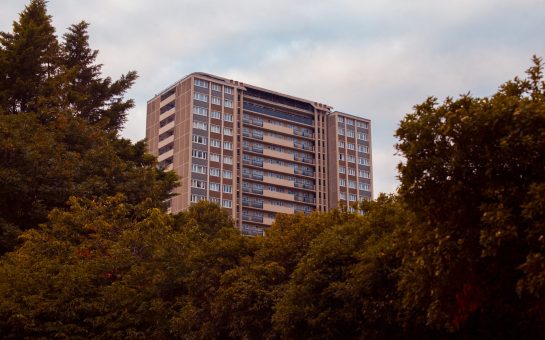Malaysian development firms SP Setia and Sime Darby have acquired the right to develop Wandsworth’s Battersea Power Station.

Malaysian development firms SP Setia and Sime Darby have acquired the right to develop Wandsworth’s Battersea Power Station beating Chelsea Football Club in a sealed-bid process.
The 39-acre site, which rests on the south bank of the Thames, was sold for £400m to the developers who said yesterday they are planning a multi-use regeneration that would create a “new vibrant centre for south-west central London”.
Chelsea Football Club have made a statement saying that they have not yet given up hope to build on the site despite losing out on the bid.
A message from the club stated:
“We are disappointed not to be selected as the preferred bidder as we believe we can create an iconic and architecturally significant stadium on the site in a scheme which is commercially viable and of great benefit to the Wandsworth community and London generally.”
Chelsea intended to transform the power station into “one of the most iconic football stadiums in the world”.
The European champions hoped to transform the site from a 41,837 to a 60,000-capacity stadium which would help them compete financially with the biggest clubs in Europe.
Following the approval of the Malaysian development offer, Hammersmith and Fulham Council have contacted the club to discuss the possibility of expanding Stamford Bridge.
“The door is open and the council is again ready to sit down and discuss how Stamford Bridge can be appropriately upgraded so that it is fit for one of Europe’s leading football clubs,” said Councillor Nicholas Botterill, leader of Hammersmith and Fulham Council.
Although the Malaysians have won the bid they have a period of 28 days to develop the finer details around the site such as planning and legal status.
In those following four weeks they can make a decision as whether their plans are financially viable and then make a decision to finally go ahead with the development.
It is still possible that the Malaysian developers could drop out of the process after these four weeks.
Follow us on @SW_Londoner




